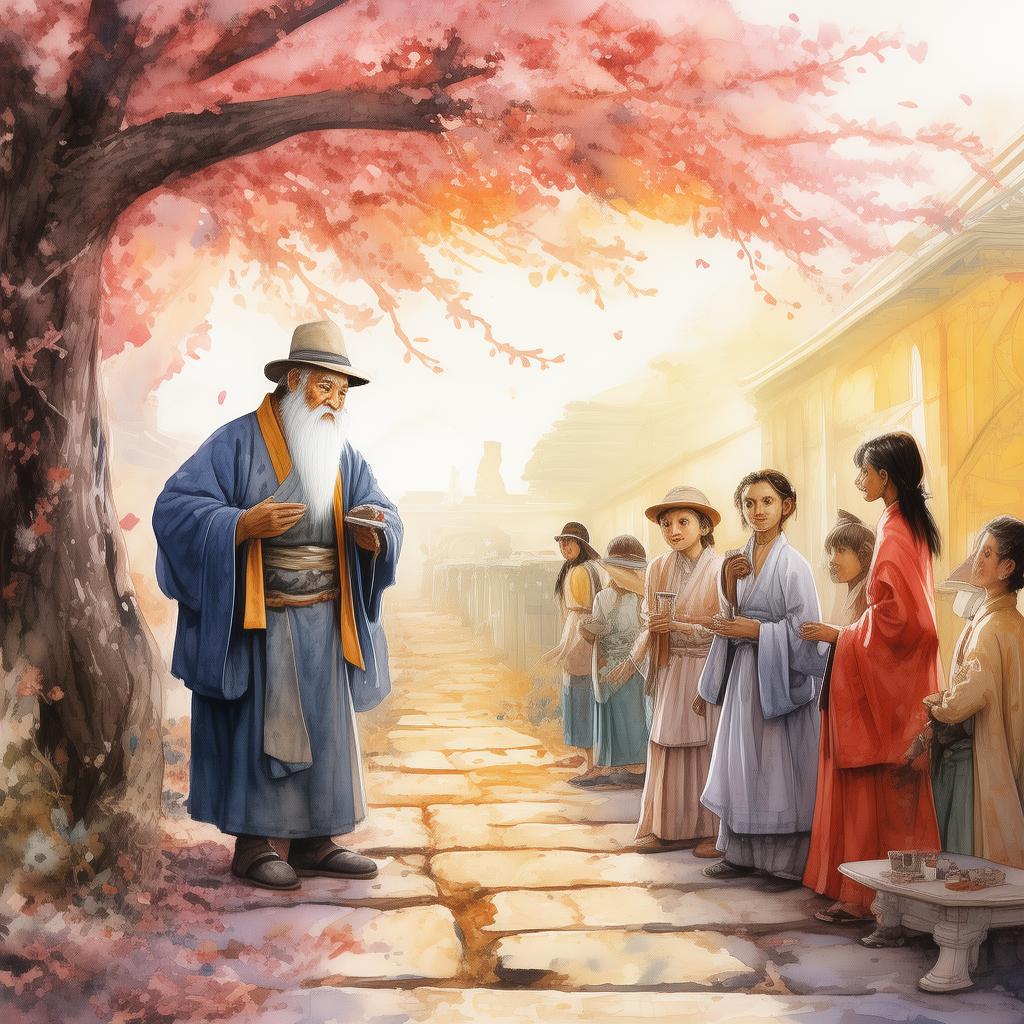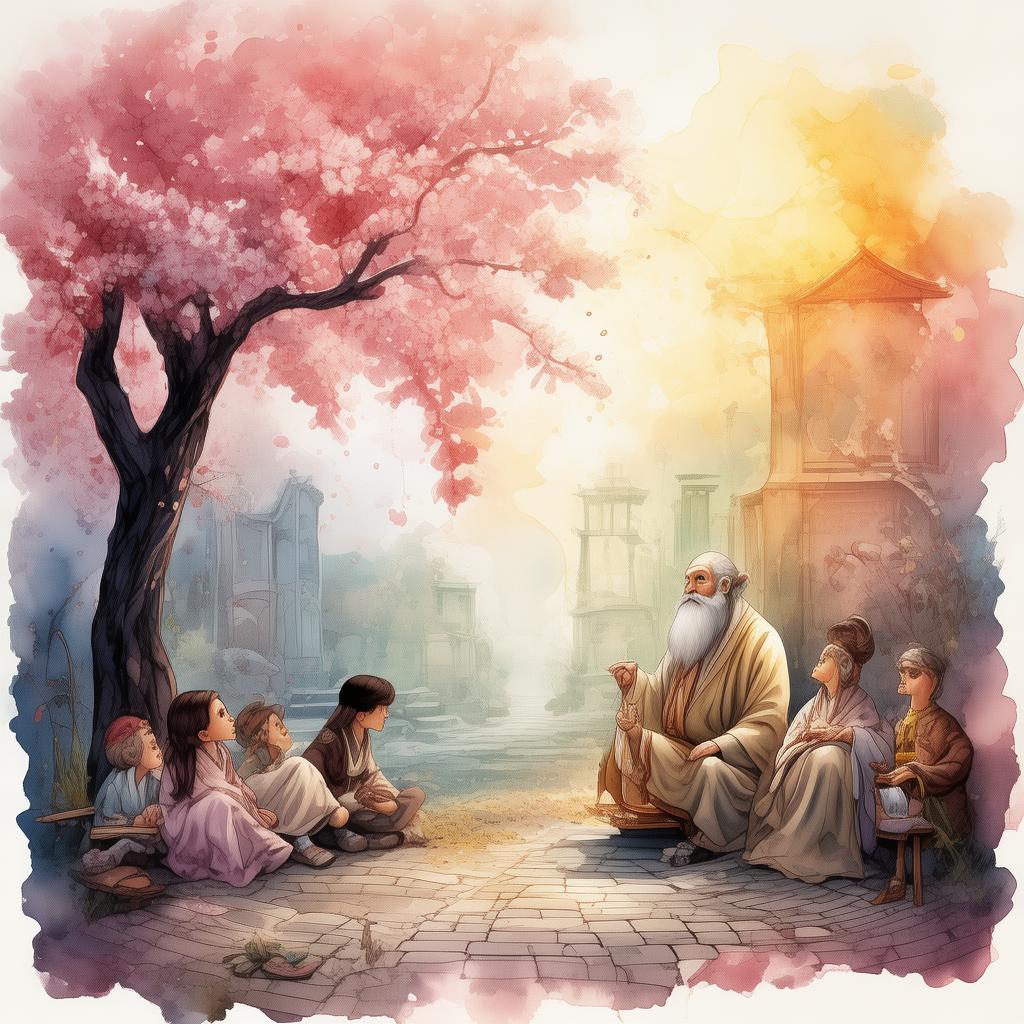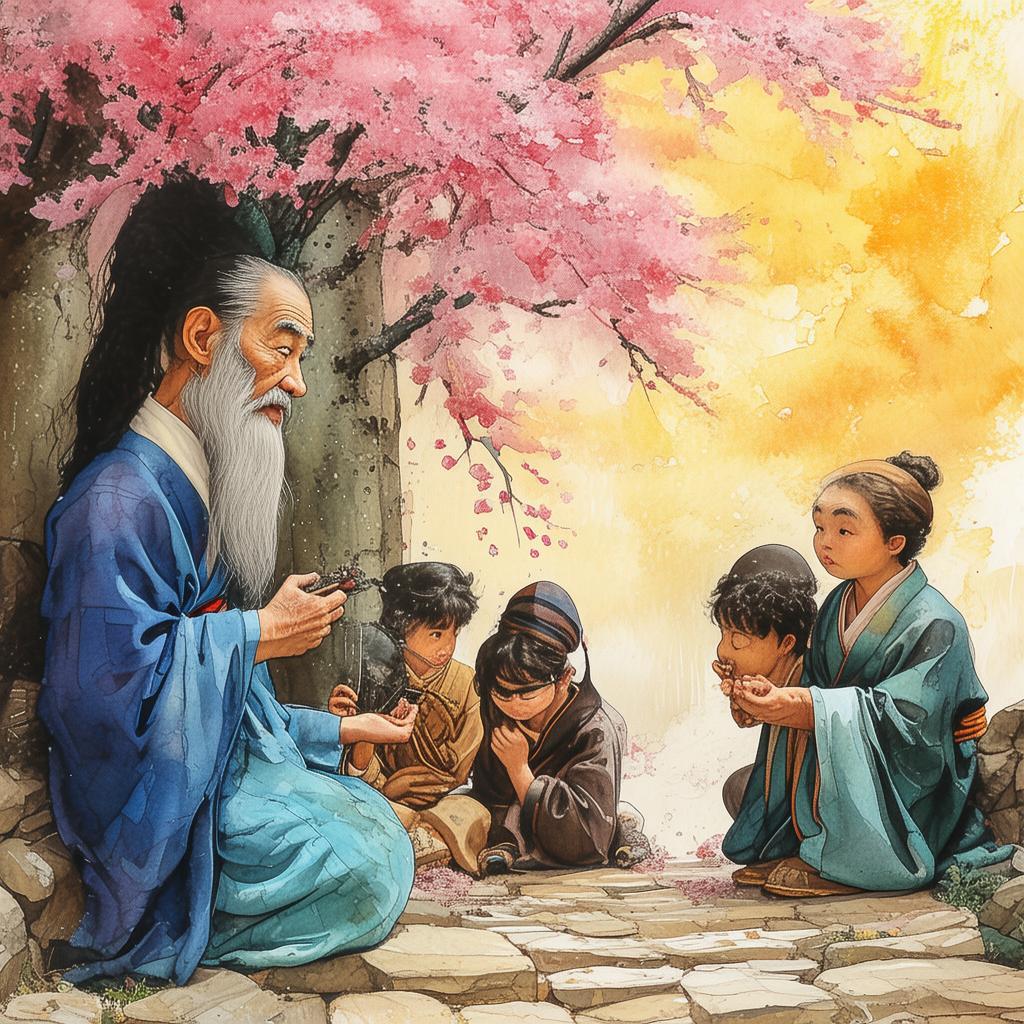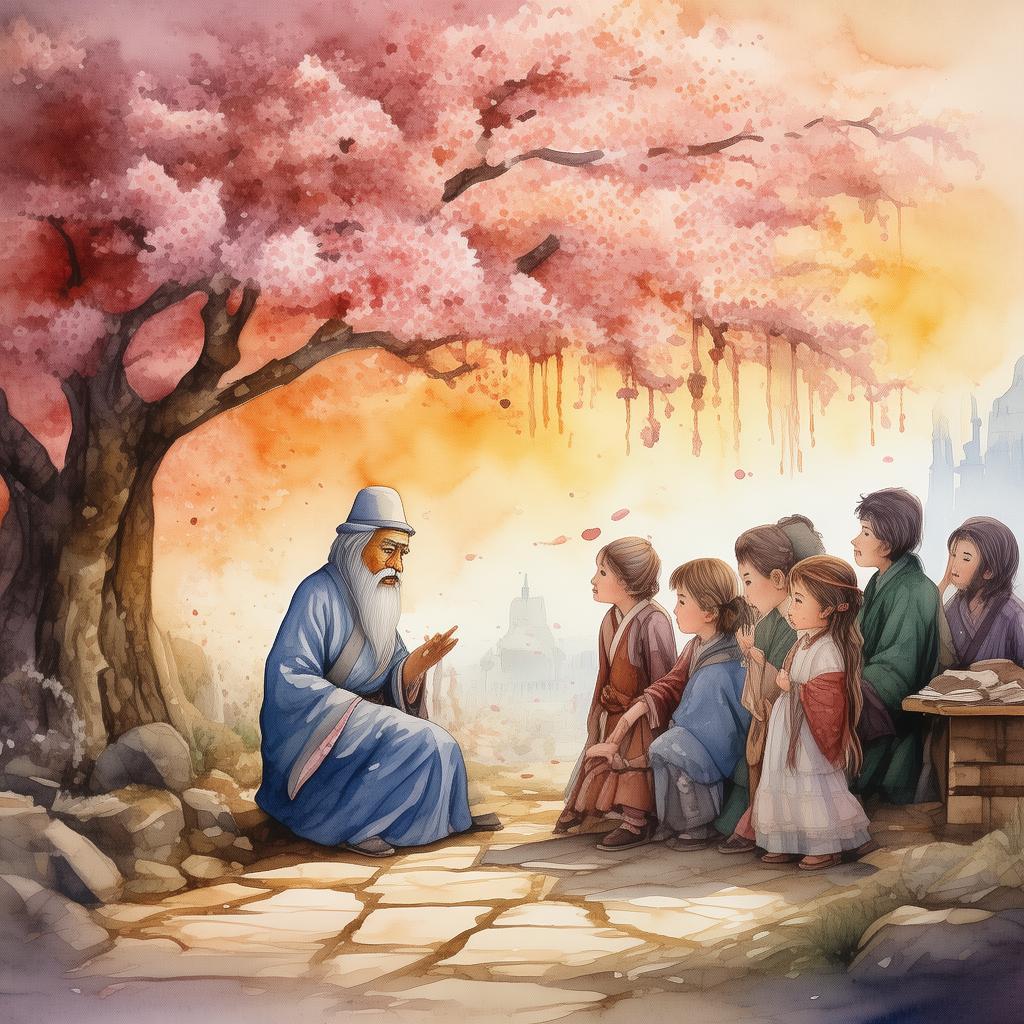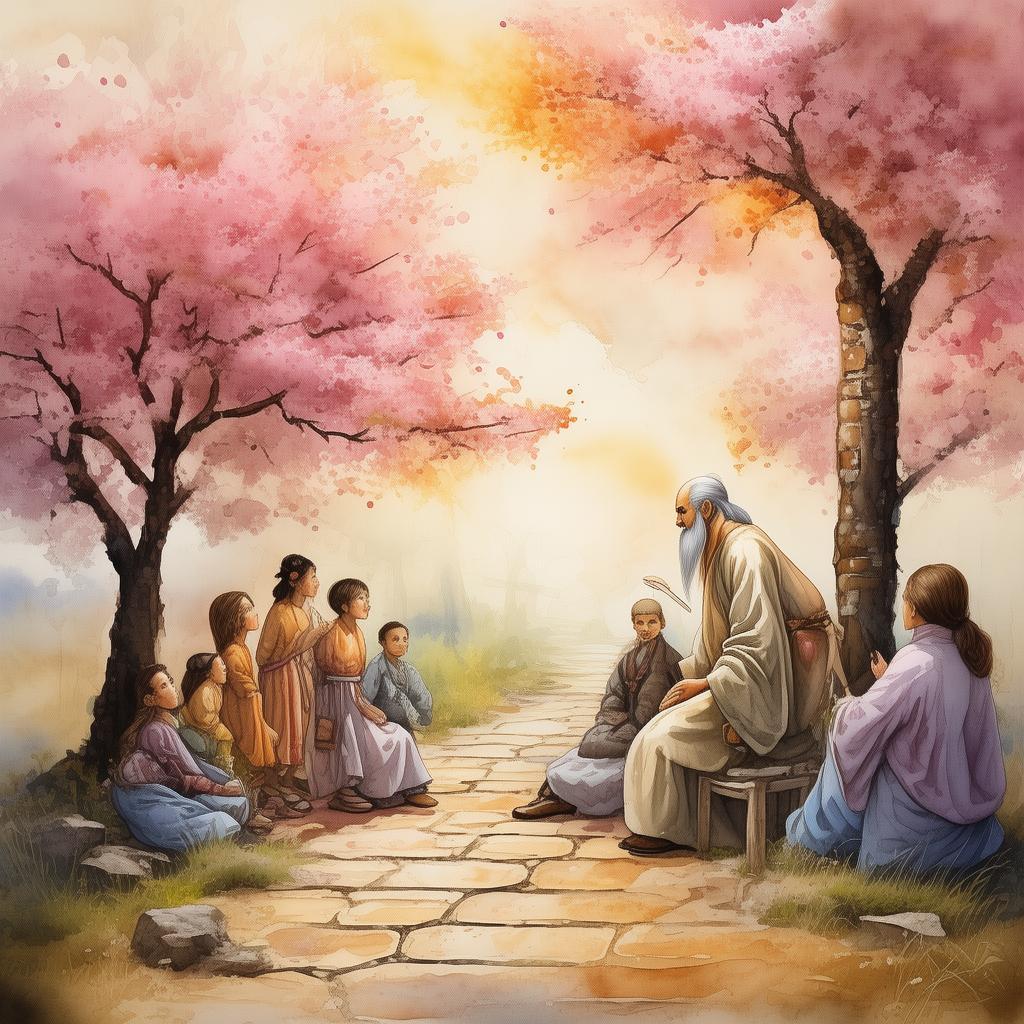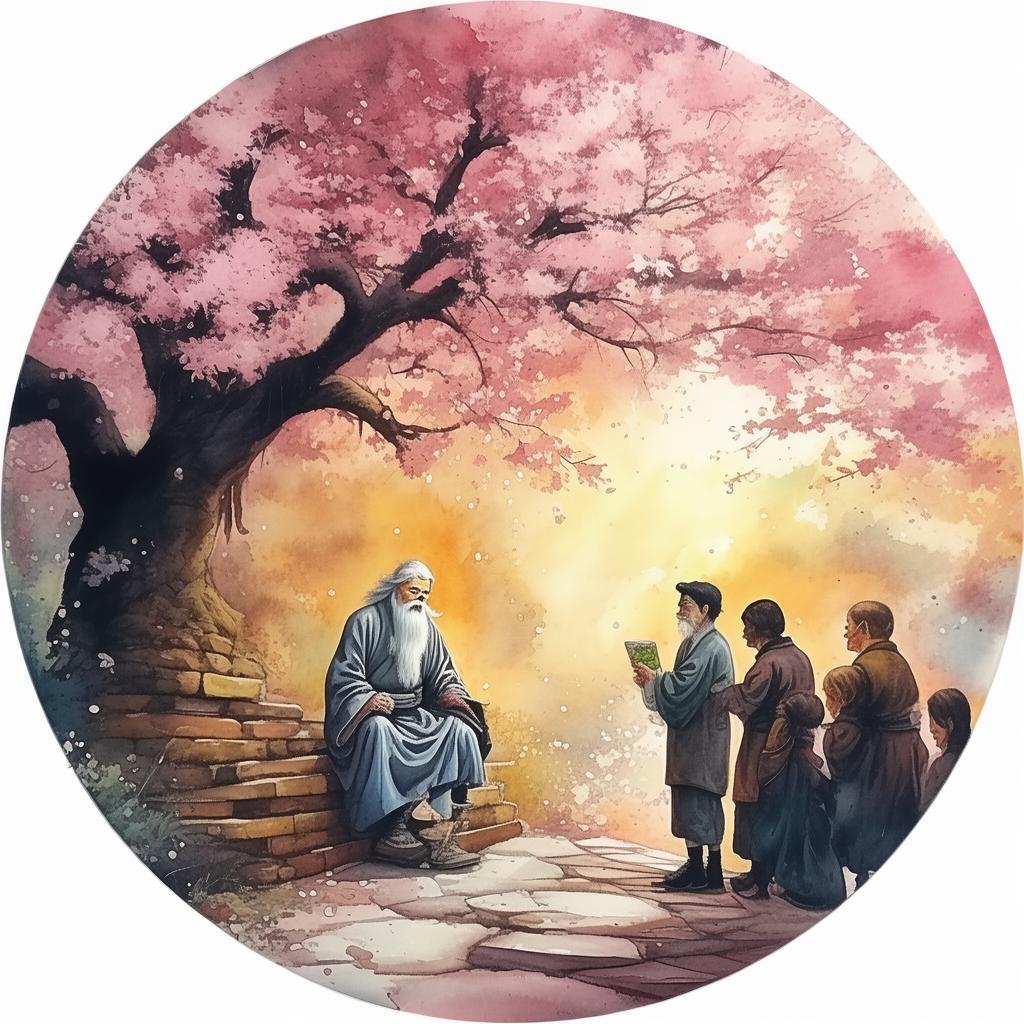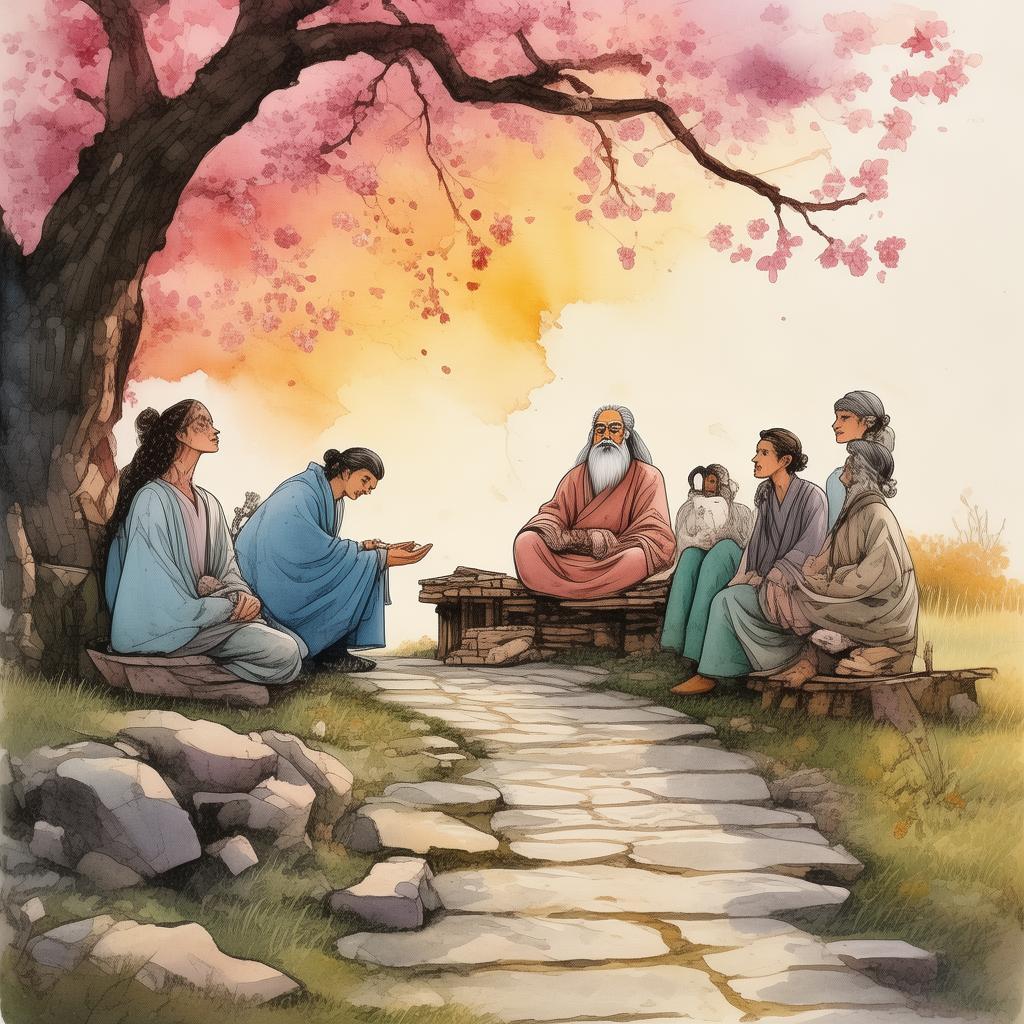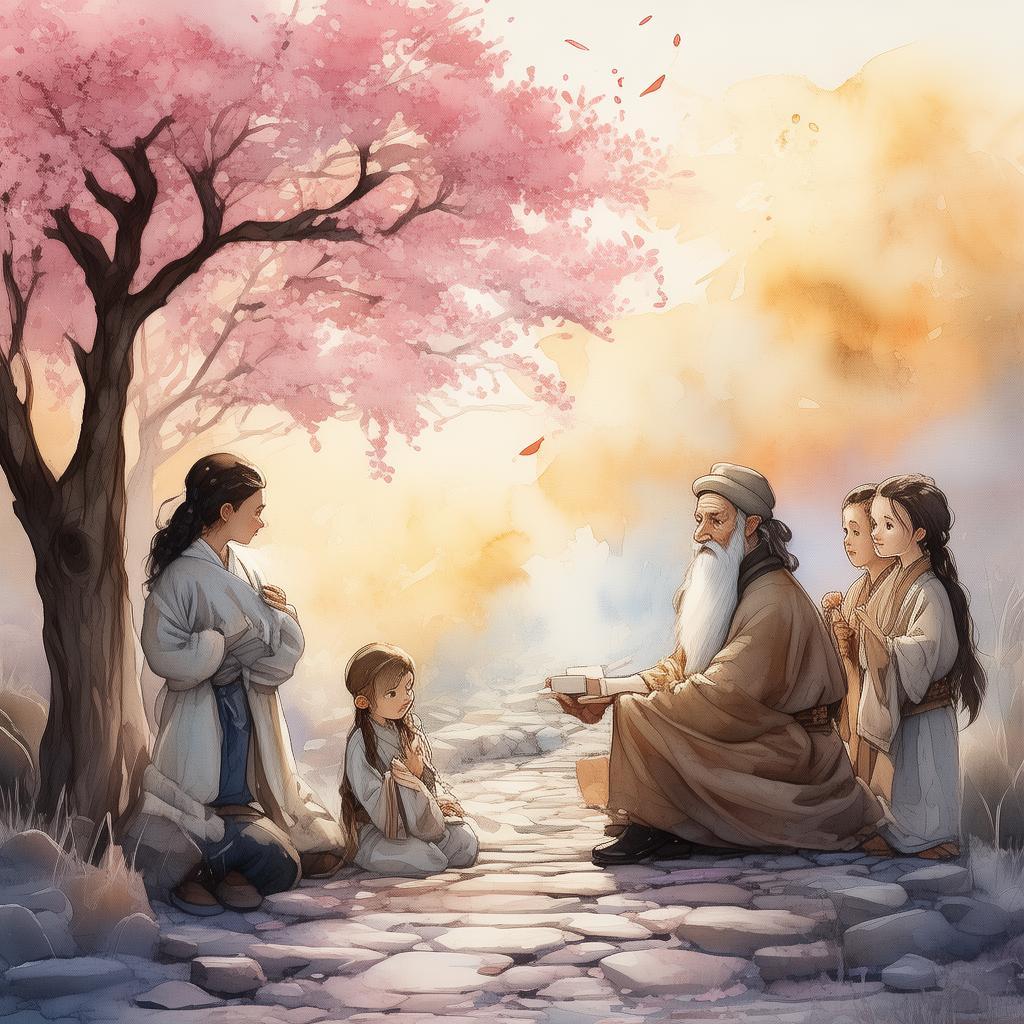The Scribe of the Ancients: A Tale of Timeless Wisdom
In the heart of a forgotten library, buried beneath the weight of time and dust, lay a scroll with no name. The scroll was the work of an ancient scribe, known to none but the winds that whispered through the cobwebs. Its pages were written in an old, faded script, a language that had not been spoken for centuries. It was said that within this scroll were hidden the secrets of a timeless wisdom, the kind that could shape the future as profoundly as it had the past.
The scribe of the ancients had lived for centuries, his existence a tapestry of memories and moments that had long outlived their original context. His eyes, like pools of ancient water, held the depth of the ages, and his fingers, as nimble as they were wise, had written words that were as timeless as the stars above. The scroll was his legacy, a testament to his life's work.
One day, a young scholar, driven by a thirst for knowledge, discovered the scroll. It was an accident, really; a mere stumble upon a forgotten corner of the library. But as the scholar's eyes scanned the ancient script, a spark of recognition ignited within him. He had heard whispers of this scroll in his youth, and now, as a man of letters himself, he felt the pull of the old scribe's story.
The scholar knew he was not the first to seek the scroll's wisdom. For centuries, it had been a beacon to those who sought the answers to life's enduring questions. The scroll spoke of proverbs, those pithy sayings that had been passed down through generations, imbued with the essence of human experience.
The scholar began his quest, understanding that the scroll was more than just words on a page. It was a key, a guide to understanding the interconnectedness of all things. Each proverb, he realized, was a piece of a puzzle, a riddle that, when solved, would reveal a truth about the nature of existence.
As the scholar delved deeper into the scroll, he discovered that the proverbs were not just moral lessons, but reflections of the universe's order. They were windows into the ancient scribe's mind, his observations and insights shaped by the ebb and flow of time.
One proverb in particular captivated the scholar's imagination: "As the tree falls, so shall its bark fall from it." The scholar realized that this was more than a simple metaphor; it was a principle of cause and effect, a law of the universe that was as true in ancient times as it was in the modern world.
As the days turned into weeks, the scholar's understanding of the proverbs grew, and so did his resolve to share their wisdom with the world. But as he became more engrossed in the scroll, he began to notice strange changes in his own life. He found himself drawn to people, places, and moments that seemed to defy explanation, as if the proverbs were guiding him toward something greater.
One evening, as the moon hung low in the sky, the scholar stood before a tree that had fallen on a distant path. It was a stark contrast to the vibrant foliage of the forest, a symbol of change and transition. The scholar felt a deep connection to the tree, and in that moment, he understood the true power of the proverbs.
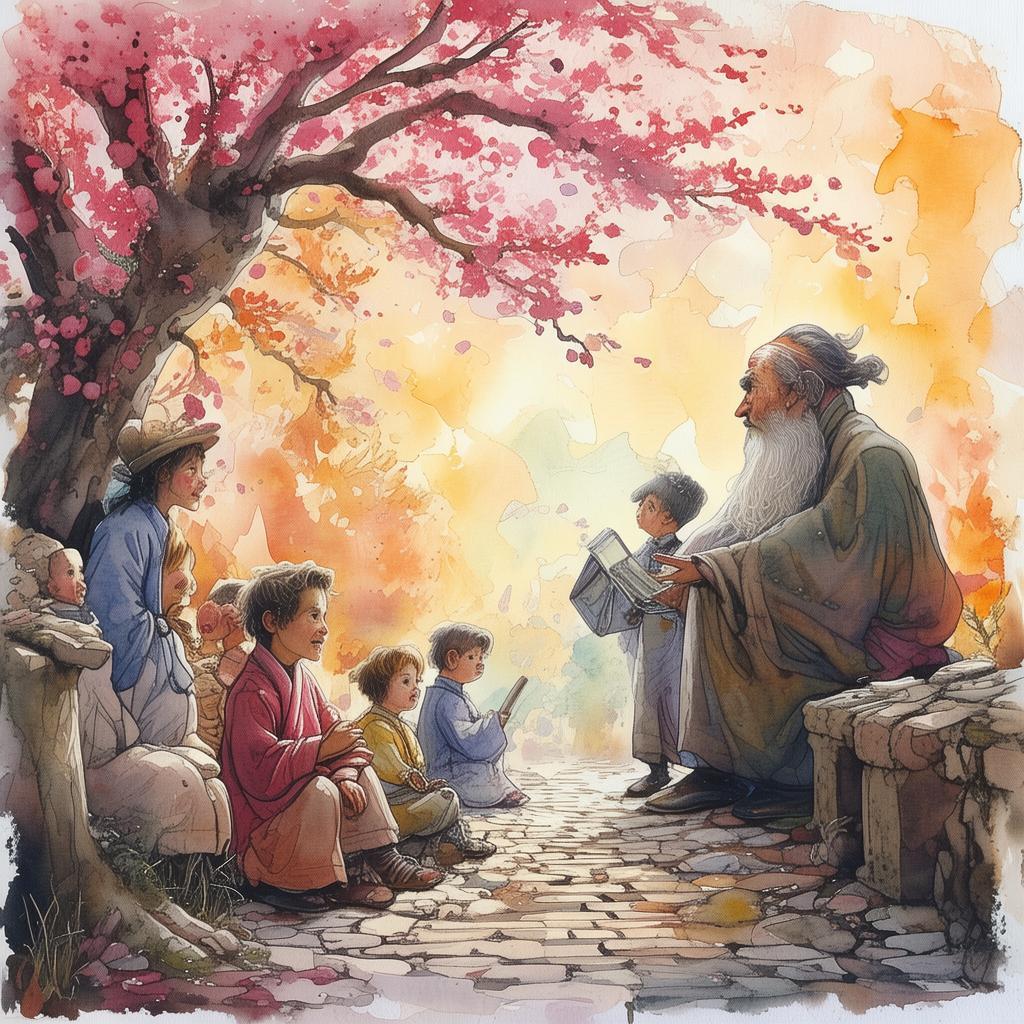
With newfound clarity, the scholar began to weave the proverbs into his daily life, using them as a compass to navigate the complexities of the modern world. He found that the wisdom of the ancients was not just applicable to the past but had relevance to the present and future as well.
The story of the scribe of the ancients spread far and wide, a testament to the timeless nature of wisdom. The scholar, now known as the Scribe of the Ancients, Reading the Past, Writing the Future, traveled the world, sharing the proverbs that had transformed his life.
People came from all walks of life to hear him speak, to learn from the ancient scribe's words. And so, the legacy of the ancient scribe continued, bridging the gap between the past and the future, as the proverbs of timeless wisdom were once again a guiding force in the lives of those who sought the truth.
The scholar, now an old man with a mind as sharp as ever, looked back at the scroll that had changed his life. He knew that his journey was far from over. The proverbs were a living testament to the eternal nature of human experience, a beacon of light that would shine as long as there were people to read and understand their wisdom.
The Scribe of the Ancients had not just written the future; he had rewritten the past, ensuring that the wisdom of the ancients would never be forgotten.
✨ Original Statement ✨
All articles published on this website (including but not limited to text, images, videos, and other content) are original or authorized for reposting and are protected by relevant laws. Without the explicit written permission of this website, no individual or organization may copy, modify, repost, or use the content for commercial purposes.
If you need to quote or cooperate, please contact this site for authorization. We reserve the right to pursue legal responsibility for any unauthorized use.
Hereby declared.
